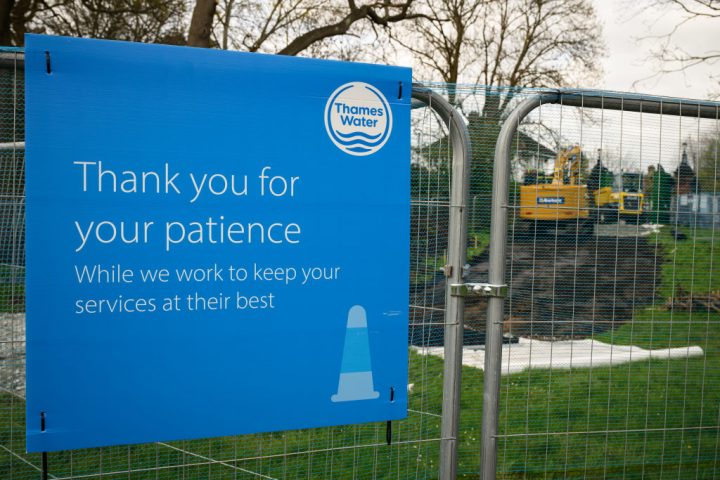Few will, or should, feel sympathy for Thames Water being fined 9 per cent of its annual turnover for fouling rivers through sewage discharges. Water regulator Ofwat found numerous failings with maintenance and a lack of investment, which resulted in sewage discharges becoming a routine event rather than an emergency response to heavy rainfall.
The volume of water which has to be handled by the storm drains is increasing
Thames Water has been under-investing for years, preferring to spend its profits on dividends for its private equity shareholders. What has happened with the rivers is an advert neither for Thames Water’s business ethics nor for privatisation of the water industry. What might have seemed to have worked when water companies were public companies quoted on the stock exchange and invested in by UK pension funds, among others, became a lot less satisfactory when they were taken over by overseas private equity, which chose to sweat assets rather than invest – always counting on tapping water customers (who are entrapped by water companies’ monopolies) to bail them out.
But when it comes to sewage in our rivers, it is no use just blaming Thames Water. The problem goes back far further, to the fatal decision of 19th century engineers to combine foul sewers with storm drainage. Sewage has to be released into rivers, bypassing sewage works, when those works cannot cope with high water flows. The obvious solution is to separate foul drains from storm drains. But this will cost many billions to put right, and water customers may not be prepared to pay the cost.
The other factor is that the volume of water which has to be handled by the storm drains is increasing – not so much from climate change, as is often asserted, as from the paving over of urban land. An example of this is the front gardens of houses whose owners want off-street parking, which used to absorb rainwater but cannot now do so. The link between off-street parking spaces and sewage in our rivers may not be immediately obvious, but it is there alright. It is also beyond the control of Thames Water.
Sadiq Khan was attacked recently for suggesting that homeowners who want to pave over their gardens ought to be subjected to a tax to help pay for the extra drainage. Khan has rightfully been accused of waging war on motorists through Ulez expansion, but on this he is correct. If we want clean rivers it is going to require far more assertive management of land use than we have at present. A ban on using impervious materials to create parking spaces would be a good place to start.








Comments